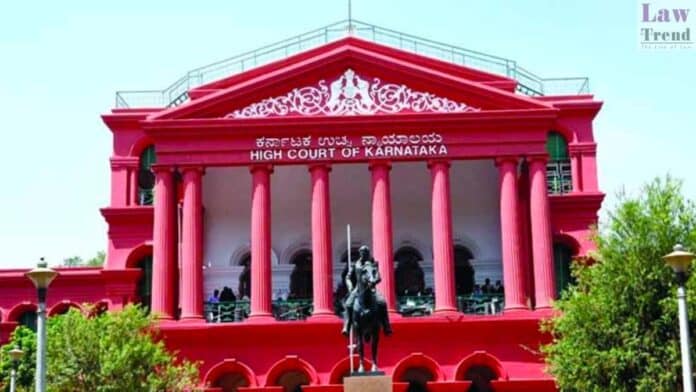In a recent ruling, the Karnataka High Court has declined a bail request for a man accused of the severe crimes of rape and forced religious conversion. Justice S Rachaiah of the High Court’s Dharwad Bench underscored the critical role of the judiciary in addressing such grievous offences.
The accused, Rafiq, is alleged to have exploited a promise of employment to befriend and subsequently victimize a married woman from a Scheduled Caste community in Munavalli village, Savadatti Taluk, Belagavi district. According to the charges, upon luring the woman to Belagavi city under the guise of job placement, Rafiq then confined her, subjected her to repeated sexual assaults, and pressured her into converting to Islam.
The woman managed to escape the harrowing conditions and disclosed the ordeal to her husband, which led to Rafiq’s apprehension by authorities.
In denying bail, Justice Rachaiah highlighted the serious nature of the allegations, particularly emphasizing the coercive conversion aspect intertwined with sexual violence. The case has been marked by its alarming implications, reflecting broader societal concerns that merit a stringent judicial response to prevent such abuses.
Also Read
Rafiq faces charges under multiple legal frameworks, including the Indian Penal Code, the Scheduled Castes and Scheduled Tribes (Prevention of Atrocities) Act, and the recently enacted Karnataka Protection of Right to Freedom of Religion Act, 2022. The stringent provisions under these acts reflect the compounded severity of the alleged crimes due to their communal and coercive elements.




